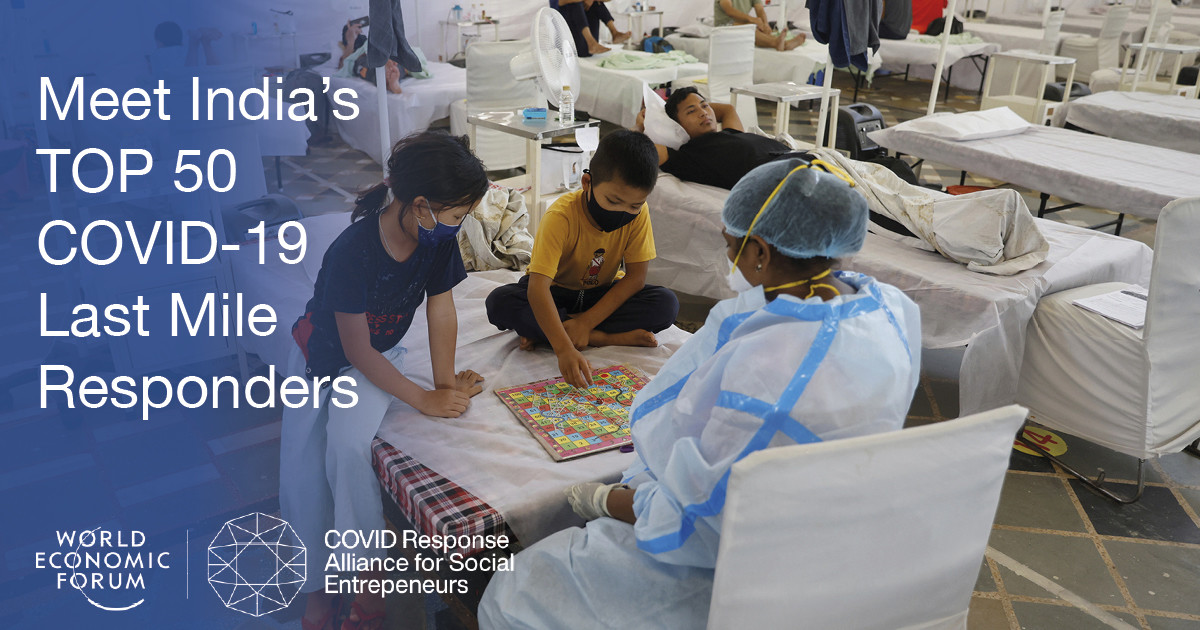COVID-19: What you need to know about the coronavirus pandemic on 11 August

Mask mandates remain in place for millions around the world. Image: REUTERS/Kim Kyung-Hoon

Explore and monitor how COVID-19 is affecting economies, industries and global issues

Get involved with our crowdsourced digital platform to deliver impact at scale
Stay up to date:
COVID-19
- This daily round-up brings you a selection of the latest news and updates on the COVID-19 pandemic, as well as tips and tools to help you stay informed and protected.
- Top stories: Lockdown extended in Melbourne, Australia; Nigeria set to restart vaccine rollout after supplies arrive; South Korea reports record daily rise in COVID-19 cases.
1. How COVID-19 is affecting the globe
Confirmed cases of COVID-19 have passed 204.06 million globally, according to Johns Hopkins University. The number of confirmed deaths stands at more than 4.31 million. More than 4.48 billion vaccination doses have been administered globally, according to Our World in Data.
China continues to attempt to contain a new outbreak of COVID-19, as the recent jump in cases enters its fourth week; 583 new infections have been reported in the past week.
US President Joe Biden has urged residents of hurricane-prone states to get vaccinated against COVID-19, in order to protect themselves should they need to evacuate their homes.
German Chancellor Angela Merkel has outlined plans to require those who aren't vaccinated to take COVID-19 tests to do many public activities. The government will also stop offering free tests from 11 October, except for those for whom vaccination is not recommended.
Antibody levels are a good predictor for how effective Moderna's COVID-19 vaccine is, according to a new study released yesterday. The finding could help speed up future clinical trials.
Moderna has also announced that it's agreed with the Canadian government to start domestic production of the mRNA vaccines.
South Korea has reported more than 2,200 new COVID-19 cases, a single-day record since the pandemic began.
Turkey's COVID-19 cases have climbed to a near three-month high, with 26,597 confirmed new cases reported yesterday.
Britain has reported its highest daily COVID-19 death toll since 12 March, with 146 new fatalities.
2. Lockdown extended in Melbourne
A lockdown has been extended in Melbourne, Australia until at least 19 August. It had been due to end tomorrow.
It's the sixth such lockdown for Melbourne residents, which as been extended after authorities were unable to trace how several of 20 new confirmed COVID-19 cases contracted the disease.
It comes as Sydney reported near-record single-day COVID-19 case numbers, with 344 new infections. Its own lockdown has been extended to include Dubbo, a small city about 400km north-west.
India’s leading COVID-19 last-mile responders
3. Nigeria to restart vaccine rollout
Nigeria is set to restart its COVID-19 vaccination programme on Monday after taking delivery of 4 million doses of the Moderna COVID-19 vaccine.
A shipment of the Johnson & Johnson vaccine is also due imminently, the head of the primary healthcare agency said yesterday.
Only 2 million Nigerians have received one dose and just 700,000 have received two – out of a population of 200 million – largely as a result of a lack of supply. The rollout had been halted on 9 July because supplies had run out.
"We want to call on all Nigerians to remain assured that the vaccines that we have are safe and will be deployed next week," said Faisal Shuaib, executive director of the National Primary Healthcare Development Agency.
Don't miss any update on this topic
Create a free account and access your personalized content collection with our latest publications and analyses.
License and Republishing
World Economic Forum articles may be republished in accordance with the Creative Commons Attribution-NonCommercial-NoDerivatives 4.0 International Public License, and in accordance with our Terms of Use.
The views expressed in this article are those of the author alone and not the World Economic Forum.
The Agenda Weekly
A weekly update of the most important issues driving the global agenda
You can unsubscribe at any time using the link in our emails. For more details, review our privacy policy.
More on Health and Healthcare SystemsSee all
Katherine Klemperer and Anthony McDonnell
April 25, 2024
Vincenzo Ventricelli
April 25, 2024
Shyam Bishen
April 24, 2024
Shyam Bishen and Annika Green
April 22, 2024
Johnny Wood
April 17, 2024







